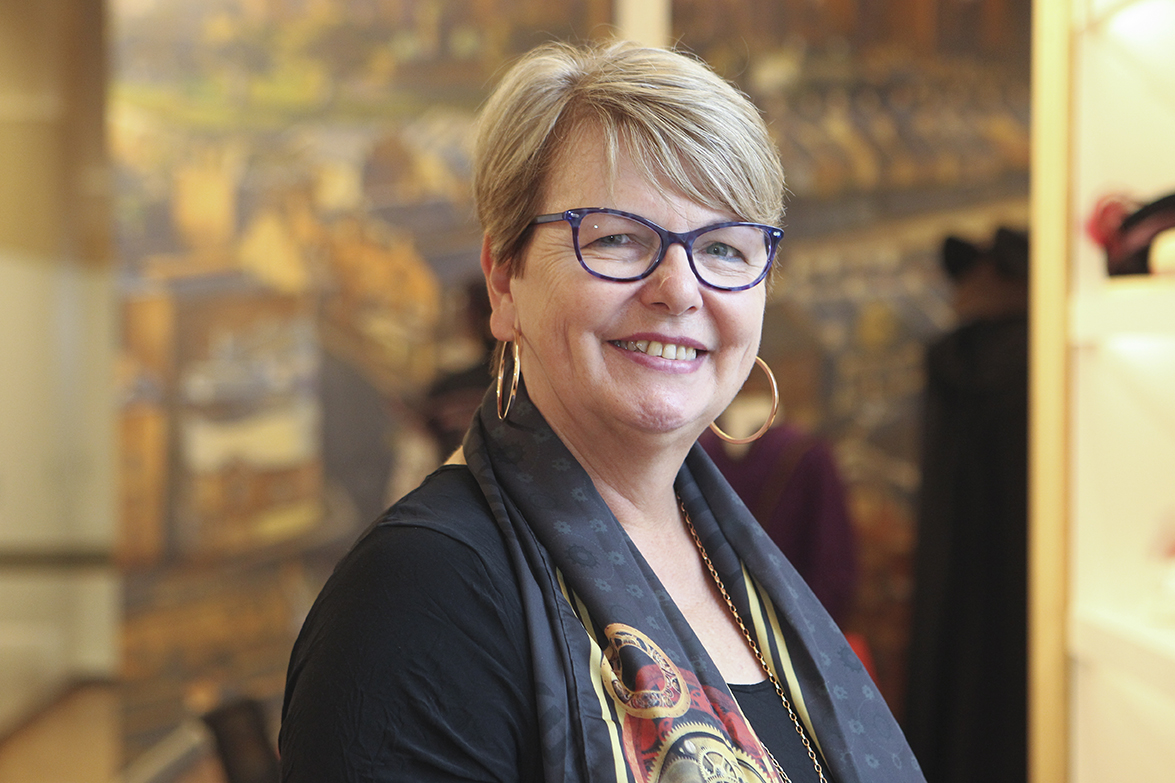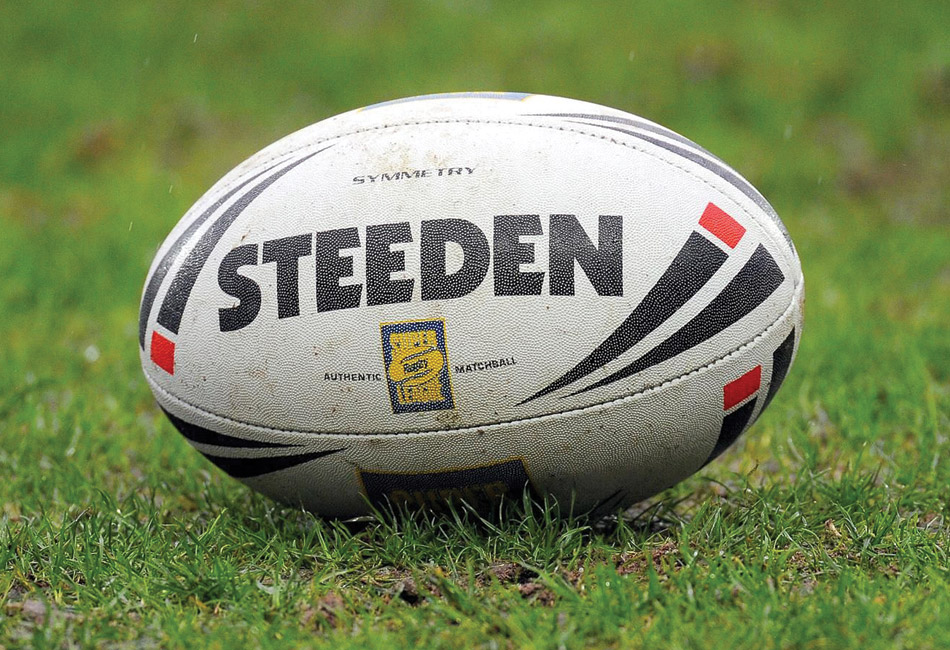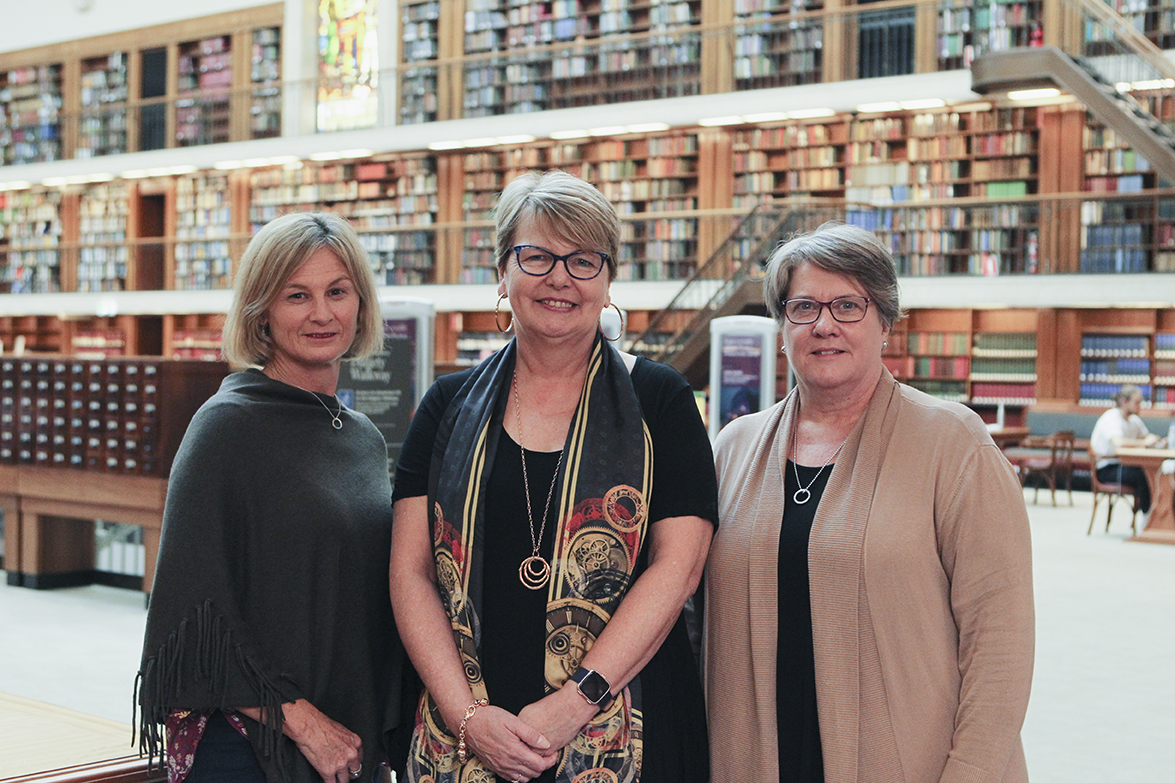This story is a celebration of teachers and leaders seizing the opportunity of a lifetime: the opportunity to improve the quality and nature of mathematics education for students now and into the future, writes Dr Christine Mae, Sydney Catholic Schools’ Pre to Post Mathematics and Numeracy Leader.
With a critical mass of teachers completing specialised training for teaching mathematics through Sydney Catholic Schools’ (SCS) Mathematical Expertise and Excellence (MEE) project, a sustainable approach to quality mathematics teaching is emerging through the systematic building of expertise from Proficient to Highly Accomplished and then Lead teaching.
Professional learning no longer rests on the shoulders of a small number of system leaders.
In 2021, the fourth year of the SCS project, professional learning no longer rests on the shoulders of a small number of system leaders.
This term, teacher leaders who have completed 108 hours of specialised training for teaching and leading mathematics have worked collaboratively to present the first workshop in the Proficient MEE course in each of Sydney Catholic Schools’ 12 networks.
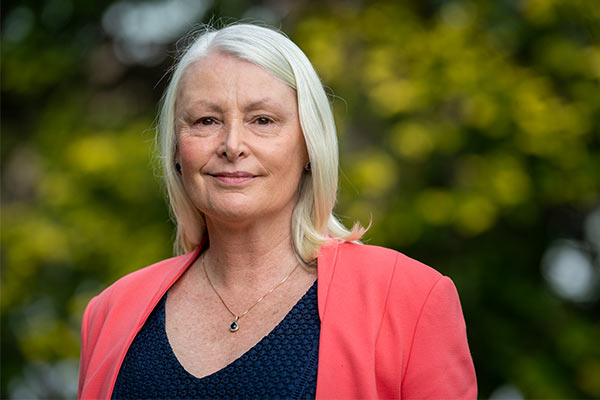
Dr Christine Mae is a pre to post Mathematics and Numeracy leader, researcher, lecturer and presenter. She currently leads the Mathematical Expertise and Excellence project across SCS with the aim of increasing the proportion of students studying higher levels of mathematics and the levels of numeracy achieved by all students.
Together, teacher leaders who possess deep conceptual understandings of mathematics, curriculum and pedagogy, demonstrate what it looks like in action and speak first hand about the impact of teaching on student learning. They have energised colleagues beyond their schools by sharing their passion and expertise.
Just as exciting is the growing number of secondary mathematics teachers engaging in the project and working in partnership with feeder primary schools to provide a continuous approach to teaching mathematics for understanding through problems that stimulate students’ communication and reasoning and harness motivation and interest.
Excellence relies upon profound content knowledge.
In Workshop 1, teachers focus on excellence in designing tasks to transform the curriculum into classroom experiences that increase interest, motivation and attainment. To achieve excellence, teachers require horizon knowledge; understanding how and when concepts and skills are introduced and developed, and the role that they play in providing a foundation for future learning.
This demands profound content knowledge – knowing how to get from any idea in the syllabus to any other idea to make connections and respond flexibly to students with different starting points as they engage with unfamiliar problems and challenges.
Excellence relies on developing the capacity and willingness to use knowledge of students and the syllabus to design rich, challenging tasks with low entry points and high ceilings that can spark students’ curiosity and interest.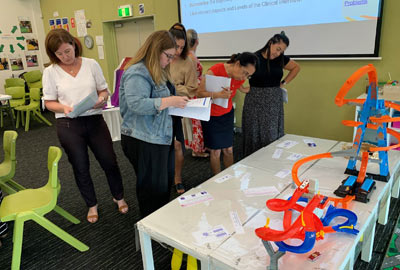
The ability to identify and communicate clear learning goals and articulate increasing levels of student performance in relation to the goal are fundamental to the design process.
The skills mastered in Workshop 1 anticipate the focus on excellence in classroom pedagogies for implementing rich, challenging tasks in Workshop 2.
The spirit in which teachers strive to shift their own understanding, knowledge, beliefs and practices in order to benefit student learning is inspiring.
Improvements in mathematics education have been elusive because our beliefs and practices are strongly influenced by the ways in which we learned mathematics in our own initial education.
For years we’ve known that students learn more when their teachers are focused on teaching for understanding.
Yet, regardless of changes in curriculum, teacher standards and testing, opportunities for teachers to experience mathematics education as we know it should be have been scarce.
Eventually, someone needs to break the cycle. If not us, now, then who and when?
Considered this way, the teachers engaging in the MEE project, who are learning not for themselves but for the students they teach are the heroes of the present and change-makers of the future.
While we see more students each year benefiting from the expertise of their teachers, we’re not there yet!
Let’s not settle for some, most, or nearly all students aspiring to high levels in mathematics. The elusive goals of equity and excellence in Australian education will only be realised when every student, in every classroom is taught every day by an expert mathematics teacher with the positivity, passion and commitment to improve student learning from any starting point.
In the meanwhile, let’s remain energised and celebrate the difference that over 1500 teachers are already making as their collective expertise increasingly ripples through and beyond their classrooms and schools.


